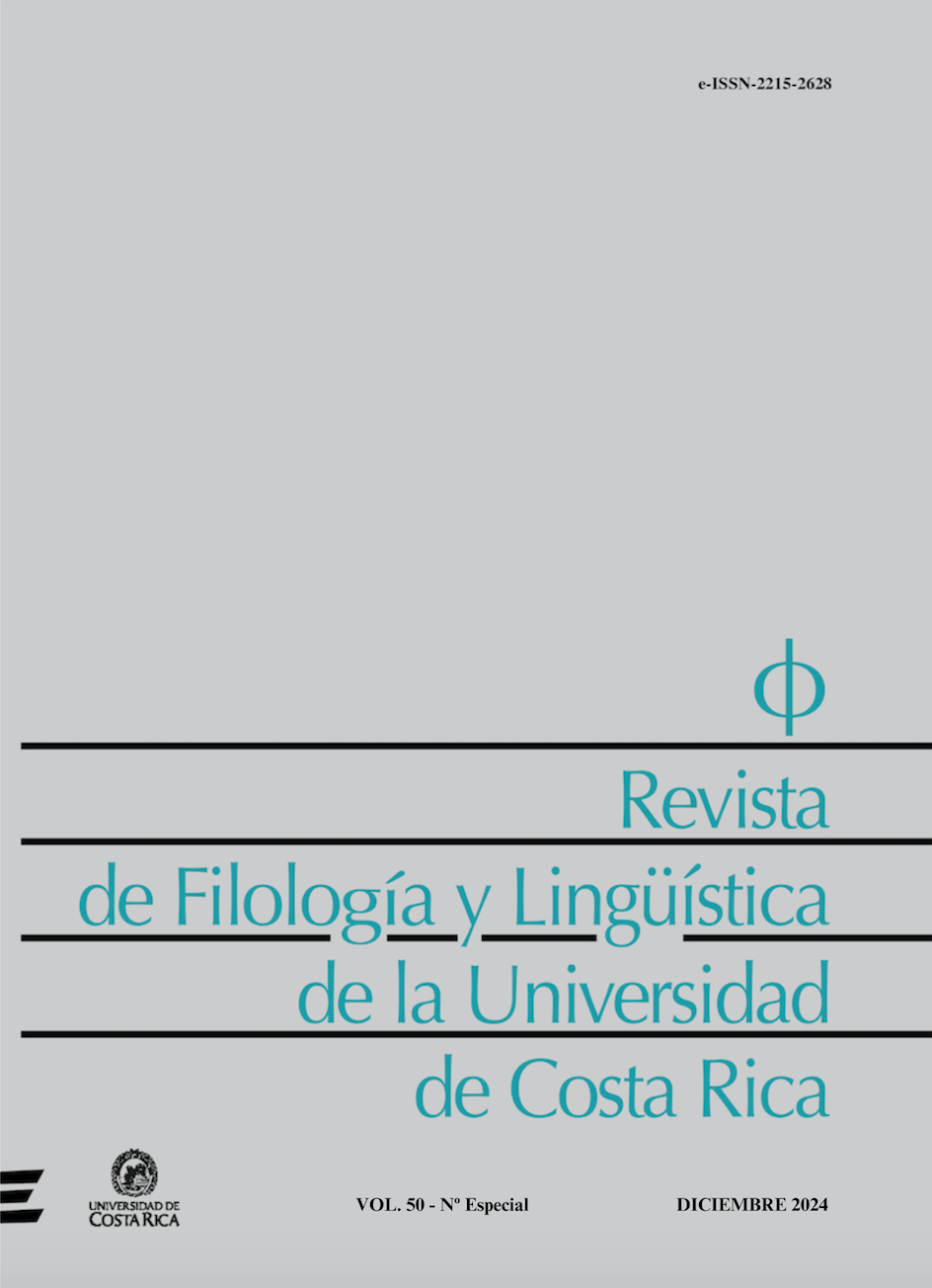Abstract
This article maintains the thesis that the detective novel is an apology for the rationality of liberal society and the ideological legitimization of its institutions. The article provides this argument through a textual analysis that seeks to understand the conditions of production, and the reading processes of the genre, in order to identify those elements that define the construction of the self-representation of liberal society around which this literature crystallizes. The genre exhibits the norms of political correctness central to the British Empire, ideas which today are known as Victorian morality, and which serve as exemplary guidelines for social conduct, but which hypocritically conceal the norms and customs characteristic of the era. Likewise, classic detective fiction illustrates the logic and systematicity of scientific research structure around the positivist rationality that emerges from the English empiricist tradition. The rationalist and individualistic character of the protagonist is also posited as a representation of the Cartesian anthropological model. Furthermore, the article analyzes the ideological ambiguity of a literature that foregrounds both the private detective as a representative of the institutional order, and the elegant delinquent whose misdeeds could be interpreted as chaos or mockery of that order.
References
Aristóteles. (1974). Poética. Gredos.
Aristóteles. (1982). Tratados de lógica. Gredos.
Aristóteles. (1988). Política. Gredos.
Bianchi, S. (2007). Historia social del mundo occidental. Del feudalismo a la sociedad contemporánea. Universidad Nacional de Quilmes.
Bloom, H. (2005). ¿Dónde se encuentra la sabiduría? Taurus.
Boileau-Narcejac. (1975). Le roman policier. Presse Universitaire de France.
Borges, J. L. (1979). Borges, oral. Emecé.
Brie, R. J. (2001). Las concepciones del mundo: reflexiones histórico-críticas acerca de un concepto ambiguo. Sapientia, 56.
Camus, A. (1980). El mito de Sísifo. Losada.
Castañeda, J. (1988). Sobre la novela policiaca. Estudios 12. Instituto Tecnológico Autónomo de México (ITAM).
Chesterton, G. K. (2008). Los relatos del padre Brown. Acantilado.
Christie, A. (1978). An Autobiography. Ballantine Books.
Christie, A. (2021). El asesinato de Roger Ackroyd. Espasa.
Christie, A. (2014). El misterioso caso de Styles. RBA.
Christie, A. (2023). Peligro inminente. Espasa.
Croce, B. (1985). Breviario de Estética. Espasa-Calpe.
Descartes, R. (1988). Discurso del método. Alianza.
Doyle, A. C. (2010). Todo Sherlock Holmes. Cátedra.
Eco, U. (1996). El nombre de la rosa. Lumen.
Feinmann, J. P. (2008). La filosofía y el barro de la historia. Planeta.
Foucault, M. (2004). Vigilar y castigar. Nacimiento de la prisión. Siglo XXI.
France, A. (2005). La azucena roja. Ediciones del Sur.
Gubern, R. (2002). Máscaras de la ficción. Anagrama.
Hegel, G. W. F. (2005). Lecciones sobre la Filosofía de la Historia Universal. Tecnos.
Hesse, H. (1980). Escritos políticos (1932-1962). Bruguera.
Kant, I. (2005). Crítica de la razón pura. Taurus.
Kennedy, P. (2004). Auge y caída de las grandes potencias. DeBolsillo.
Kracauer, S. (2010). La novela policial. Un tratado filosófico. Paidós.
Locke, J. (2010). Segundo Tratado sobre el Gobierno Civil. Un ensayo acerca del verdadero origen, alcance y fin del Gobierno Civil. Tecnos.
Marx, K. (1977). Teorías sobre la plusvalía. T. I. Grijalbo.
Nietzsche, F. (2005). Genealogía de la moral. Alianza.
Poe, E. A. (1995a). Cuentos/1. Alianza.
Poe, E. A. (1995b). Cuentos/2. Alianza.
Priestman, M. (2003). The Cambridge Companion to Crime Fiction. Cambridge University Press.
Redfield, R. (1963). El mundo primitivo y sus transformaciones. FCE.
Sayers, D. L. (1946). Unpopular Opinions. Twenty-one Essays. Harcourt.
Sebeok, T. A. (1987). Sherlock Holmes y Charles S. Peirce. El método de la investigación. Paidós.
Stein, M.A. (1974). The Detective Story -How and Why. The Princeton University Library Chronicle, 36(1), pp 19-46.
##plugins.facebook.comentarios##

This work is licensed under a Creative Commons Attribution-NonCommercial-NoDerivatives 3.0 Unported License.


